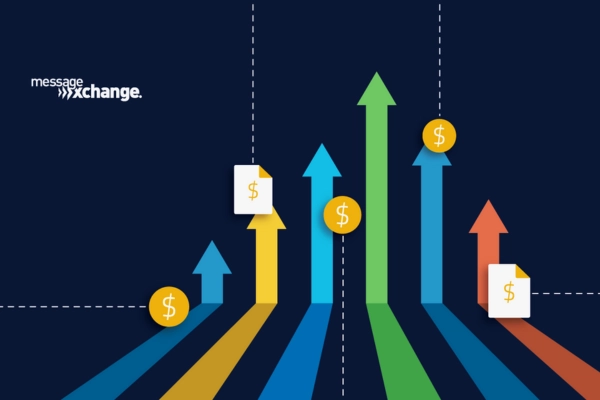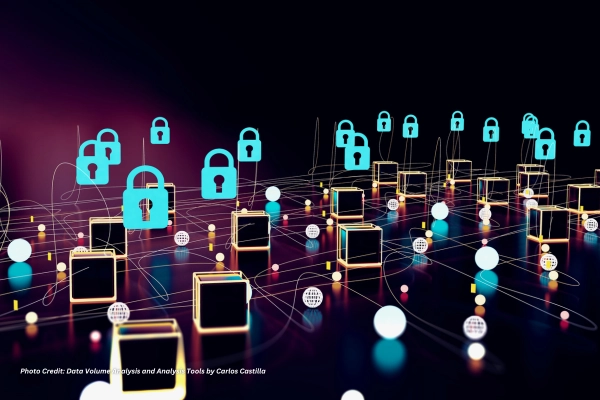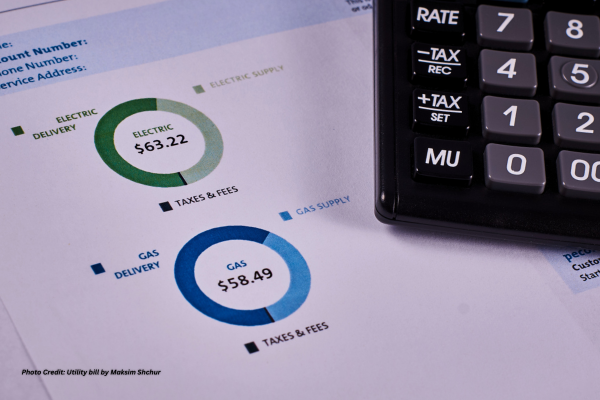According to data from the Centre for Social Impact, more than 3 million Australians are either fully or severely financially excluded while suffering from the impact of disasters, particularly in remote locations, when banking and postal services are unable to be accessed to receive vital funds. With the cost of Australian natural disasters projected to rise to $39 billion per year by 2050, according to the Royal Commission into National Natural Disaster Arrangements, there is an urgent need for government agencies and departments to consider the most effective solutions to disburse funds to citizens during emergencies.
Will Feutrill, RVP Incentives AU at Blackhawk Network, has 20 years of experience in strategic communications and using technology ecosystems and incentives to create better outcomes. Below, Will shares three tips for government and not-for-profit organisations looking to develop secure, cost-effective, and time-efficient payment systems that can be activated quickly in emergency situations.
Pre-established partnerships and agreements:
Time is critical in emergencies. According to the Australian Disaster Resilience Handbook Collection 2023, local governments and not-for-profits have a key role in emergency management due to their’strong relationship with their local community networks and knowledge of locally available resources’. Developing and maintaining partnerships with trusted vendors ahead of time allows for the quick activation of payment systems for those in need. This includes having procedures in place for the issue, distribution, and redemption of payment services.
Liverpool City Council (UK) case study:
BHN had a dedicated account team that worked closely with the Liverpool City Council to oversee an expedited order for gift cards within 24 hours, which delivered 480 foodbank parcels via the Liverpool City Council Winter Boost Project. This model was then replicated to assist with further donations to the Liverpool City Council Free School Meal Programme.
Scalability and flexibility in system design
No two emergencies look the same, and it is important that an appropriately measured response be executed. Consideration should be given to the type of compensation required by affected communities and how they might access their payment.
Blackhawk Network recognises that Australians bank in different ways. Some use traditional banking services; others, the “unbanked,” manage their money in other ways; and the “underbanked” use both traditional banking and alternative banking services like check cashing or money orders. In an emergency, your payment system should be able to meet all financial needs.
Blackhawk Network research shows that 87% of ‘underbanked’ Australians, who are typically Millennials and younger, are frustrated by traditional paper checks, finding them slow and tiresome to use. Instead, 67% of underbanked Australians and 66% of fully banked Australians report a preference for digital prepaid cards.
Underscoring the need for flexibility and innovation in payment methods is the announcement of the Australian Government’s Strategic Plan for Australia’s Payments System, which sees the phase-out of cheque usage by government agencies by 2028, ahead of the cheque system winding down by 2030.
Our BHN dedicated account teams work closely with government and not-for-profit organisations to ensure that payment programmes are needs-based and can leverage pre-paid, open loop, closed loop, eCodes, or giftcard methods to provide the most efficient solution.
Robust security and fraud prevention measures:
In emergency situations, there may be heightened vulnerability to fraud and exploitation. Robust security measures protect the funds allocated for relief efforts and also maintain public trust in the integrity of aid distribution processes.
Businesses also report security, cost, and waste concerns with checks, with expenses for printing, processing, and sending being between $4 and $20 per check.
With many years of experience in disbursing funds for Australia’s largest organisations, we recognise the value and importance of secure fund disbursement solutions. As an ISO 27001 and General Data Protection Regulation (GDPR)-accredited service, BHN can assure partners that our teams keep security at the forefront of what we do.
Public Spectrum is the first knowledge-sharing platform in Australia to embrace the entire public sector. This website is a platform where you can connect, collaborate, empower, inspire, and upskill with public sector professionals.























































Today’s Pick
19th Social Media For Gov
October 30, 2024
11th Annual Aus Goverment Data Summit
April 1, 2025
7th Annual NZ Government Data Summit
May 5, 2025
Subscribe
We send emails,
but we do not spam
Join our mailing list to be on the front lines of healthcare , get exclusive content, and promos.
AI appointment Australia Australian boosts business businesses covid-19 cyber cyber attack cybersecurity cyber security data data breach data management defence Digital Education employment enhances Featured Leader fraud funding government grants Healthcare infrastructure Innovation Lockdown new zealand NSW NZ online Procurement Public Sector queensland renewable energy scams Social Media Technology telecommunications vaccine victoria WA Workplace
-

SmartSat develops $7M autonomous AI Spacecraft
Innovation, News
-

EMT app boosts mental well-being
Innovation, News
-

The rise of AI and ML in data backup systems
Data Management, Opinion
-

Workforce Australia ‘a disaster’ due to outages and tech errors
Digital Government, Employment, News
Show More-

Effects of ineffective communication in the workplace
Communications, Personal Development
-

7 ways you can enhance your personal development skills
News, Personal Development
-

5 advantages of working in the public sector
News, Personal Development, Professional Development
-

Geospatial intelligence projects gets funding from Defence industry
Cyber Security, Digital Government, Innovation
Show MoreLast Viewed